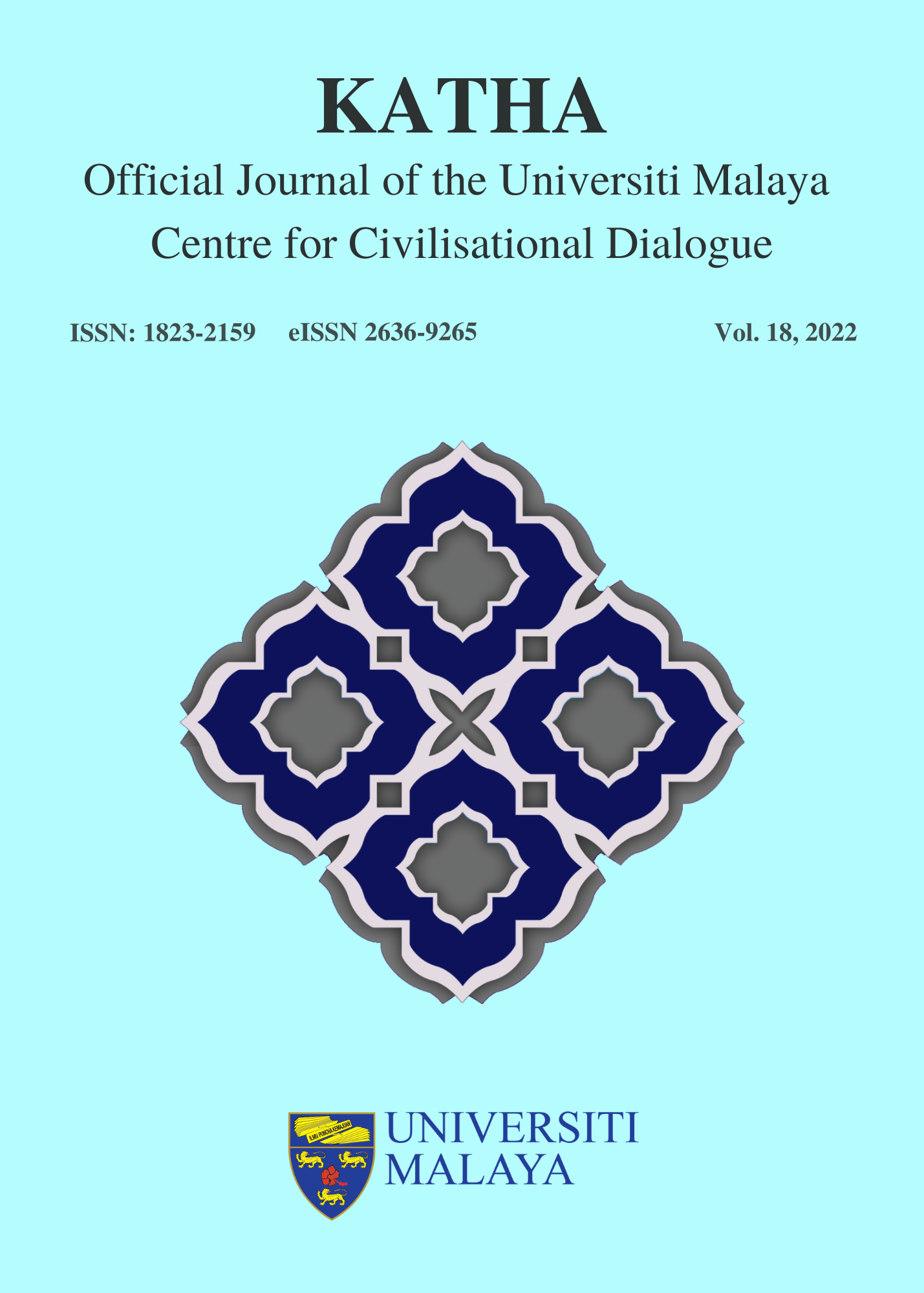Social Acceptance of Green Electricity: A Case Study in Putrajaya
DOI:
https://doi.org/10.22452/KATHA.vol18no1.4Keywords:
sustainable development, green electricity, social acceptanceAbstract
In recent years, the majority of the renewable energy programmes and initiatives introduced have been industry and commercial centric. Little focus has been given by the government to domestic consumers’ acceptance. The concept of "social acceptance" is used to evaluate the readiness of the public in embracing renewable investments within their area. It is a tool to measure the attitude of citizens, either active or passive, towards different green products or technologies. This study aims to identify factors that influence the social acceptance of green electricity among consumers and, subsequently, the relationship between these factors. An empirical study was conducted on the residents of Putrajaya, involving 185 respondents. Descriptive analysis and Pearson correlation were used as analysis methods in this study. The results showed that attractiveness, compatibility, and reliability are the main factors that influence their intention to use green electricity. These results suggest that the respondents’ intention to use green electricity is not affected by their level of environmental knowledge or the cost of using green electricity.
Downloads
Downloads
Published
How to Cite
Issue
Section
License
Copyright (c) 2022 KATHA- The Official Journal of the Centre for Civilisational Dialogue

This work is licensed under a Creative Commons Attribution-NoDerivatives 4.0 International License.
Articles submitted to the journal should not have been published before in their current or substantially similar form, or be under consideration for publication elsewhere. Authors submitting articles for publication warrant that the work is not an infringement of any existing copyright and will indemnify the publisher against any breach of such warranty. For ease of dissemination and to ensure proper policing of use, papers and contributions become the legal copyright of the publisher unless otherwise agreed. By submitting a manuscript, the author(s) agree that copyright for the article is transferred to the publisher, if and when the manuscript is accepted for publication. However, it can be reprinted with a proper acknowledgment that it was published in KATHA.

This work is licensed under a Creative Commons Attribution-NonCommercial-NoDerivatives 4.0 International License.




